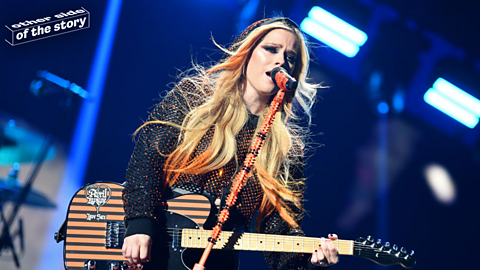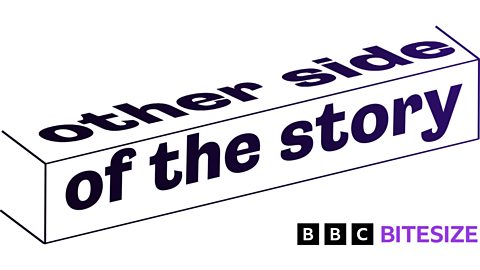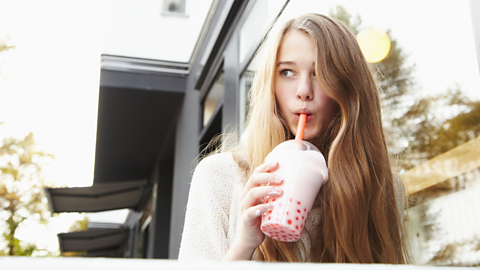
We’re a nation of tea lovers, drinking a staggering 100 million cups every day! There are many different varieties enjoyed around the world, so much so, International Tea Day is marked every May to celebrate the humble brew.
So, as we raise a cup to our favourite drink, let’s explore some fascinating facts and debunk some myths about tea.
Does tea really contain more caffeine than coffee? Can it cure Coronavirus? And how about the rumour that there's actually sheep poo in bubble tea?

When is International Tea Day?
International Tea Day is celebrated every year on 21st May, and recognises the history, health benefits, and global impact of the popular drink. Officially recognised by the UN in 2019, the day promotes eco-friendly practices and supports tea growers. It's also a chance to appreciate a good cuppa and learn how we can help make the industry fair and sustainable.
5 Myths about tea and the truth behind them
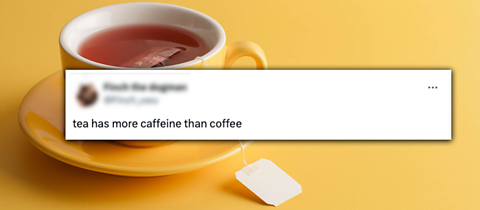
This one is technically true but it's a bit tricky to get your head around. Tea leaves contain around 3.5% caffeine, whilst unbrewed coffee beans contain just 1-2% caffeine. But the caffeine in coffee is extracted quicker when you brew it in hot water, and you typically use more coffee beans than tea leaves per drink, so more caffeine is released into the cup of coffee.
If you want a stronger caffeine kick from your tea, then let it brew longer. It’s all in the preparation.
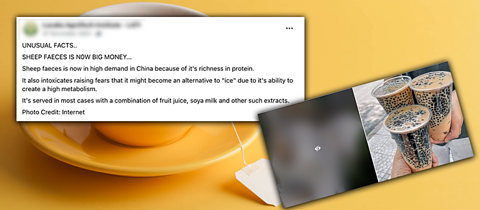
This gross post, supposedly showing how bubble tea is made, went viral back in 2019 and has circulated on social media ever since. However, the post uses a screenshot from a YouTube video of a pooping goat that was posted in 2009, combined with an image of a cup of bubble tea to falsely depict the tea-making process.
The drink actually contains chewy tapioca balls which are referred to as pearls or boba. Check out our tips for how to spot fake news online to make sure you don't fall foul of false images.'
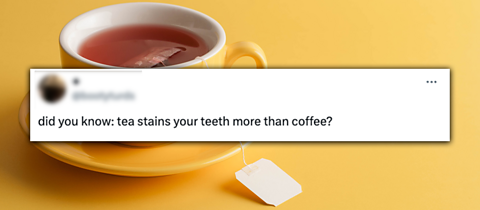
We can confirm that this is the truth. Tea may stain your teeth more than coffee because of its higher tannin content. Tannins are a natural substance found in many plants. Both tea and coffee contain tannins which can lead to teeth staining.
Brushing your teeth regularly, or drinking water following a cuppa can help reduce staining. You could even try drinking your brew through a straw as it decreases contact between your teeth and the tea.
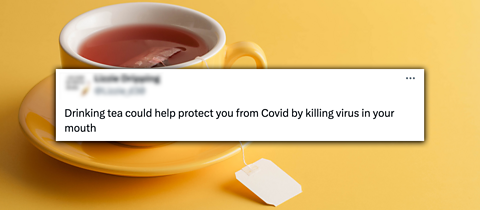
This one is complicated! Some studies have found that drinking certain teas could reduce the amount of Coronavirus in saliva. However, researchers said that tea isn't a stand-alone intervention against Covid as it can still be present in the nose, and have spread, by the time a person tests positive.
Research has also found that tea and its ingredients, like polyphenols and catechins (natural substances found in plants, fruits and seeds), could help improve Covid symptoms and long-term effects.
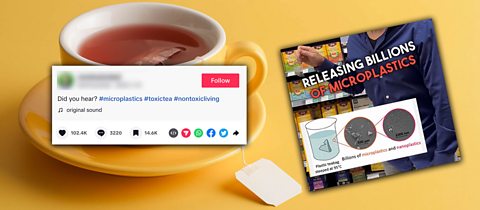
According to this TikTok, which has over 100k likes, silken sachet tea bags could be releasing billions of microplastics into your drink. This has been disputed, and whilst research in 2019 did find that some premium pyramid-shaped tea bags contained high levels of microplastic, The World Health Organisation says such particles in drinking water do not appear to pose a risk, but called for greater research on the issue.
When on social media it's important to get information from a variety of sources and ensure you’re not being biased or misinformed.

Not sure if the news you’re seeing on social media is true or false? Can you always tell if the things you see online are real or fake? Learn how to get the other side of the story with our quizzes, videos and explainers.
